The potential for the deregulation of hearing aid technology, through the Over-The-Counter Act has led to a tremendous amount of opinions and views from all stakeholders in the US. You don’t have to go far on the internet, social media or through the doors of a conference venue to find debate on both sides of this controversial discussion. The pace of change has been fast and views continue to be moulded as the full implications, opportunities and weaknesses of OTCs are considered. ENT and Audiology News asked opinion leaders in the US and Europe for their current thoughts on the subject.
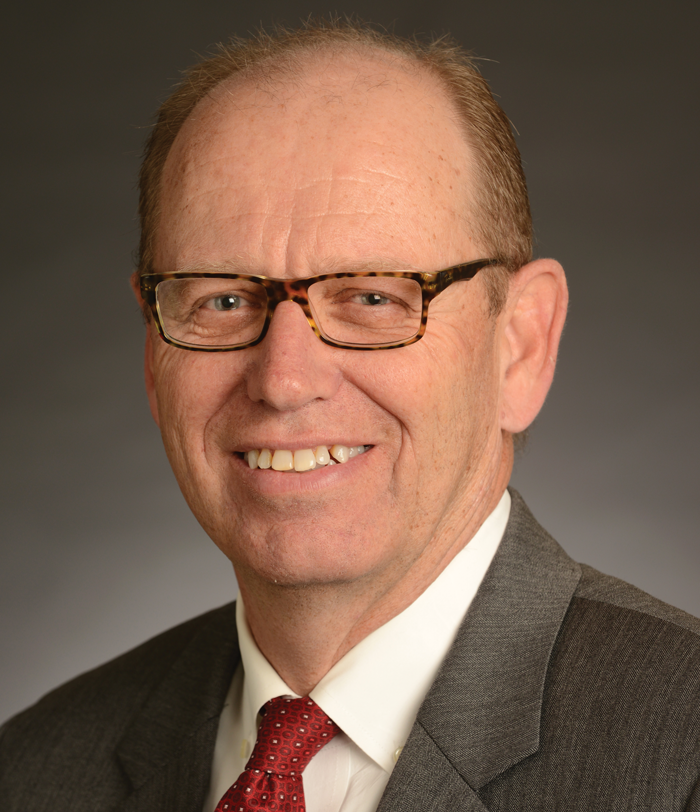
Ian M Windmill, PhD, Clinical Director of Audiology, Cincinnati Children’s
Hospital; President, American Academy of Audiology.
Over-the-counter hearing aids may soon be available in the United States. There is legislation before the US Congress mandating that the Food and Drug Administration, the US government agency responsible for regulating medical devices, develop regulations to create direct-to-consumer amplification for adults with mild to moderate hearing loss.
Irrespective of what’s happening in Congress, the FDA has already indicated that they are in the process of considering and developing regulations for an over-the-counter category of hearing aids. Should the bill pass Congress, it is possible that OTC devices may be on the market in the next 18 to 24 months.
The potential impact of OTC devices on audiologic practice in the US is a matter of speculation. The safety and efficacy of OTC hearing aids has not yet been established, and the number of individuals who gain benefit, as well as the magnitude of that benefit, has not been determined. Similarly, the likelihood of use by individuals other than adults with mild to moderate loss, the number of patients who fail to receive necessary medical treatment, and the overall risk to hearing health has not been established. Due to these unknowns, the great debate centres around whether OTC devices represent a threat to the current delivery system or whether these devices will result in greater utilisation of audiologic services by serving as a new entry point into hearing healthcare.
The introduction of OTC devices has the potential to create greater confusion within the marketplace for the consumer. Providing guidance to the consumer during the initial decision-making process is equally important to assuring the safety, efficacy and appropriate utilisation of OTC devices. The most appropriate guidance will occur if the consumer receives a comprehensive audiological evaluation prior to accessing any amplification device, including OTC hearing aids.
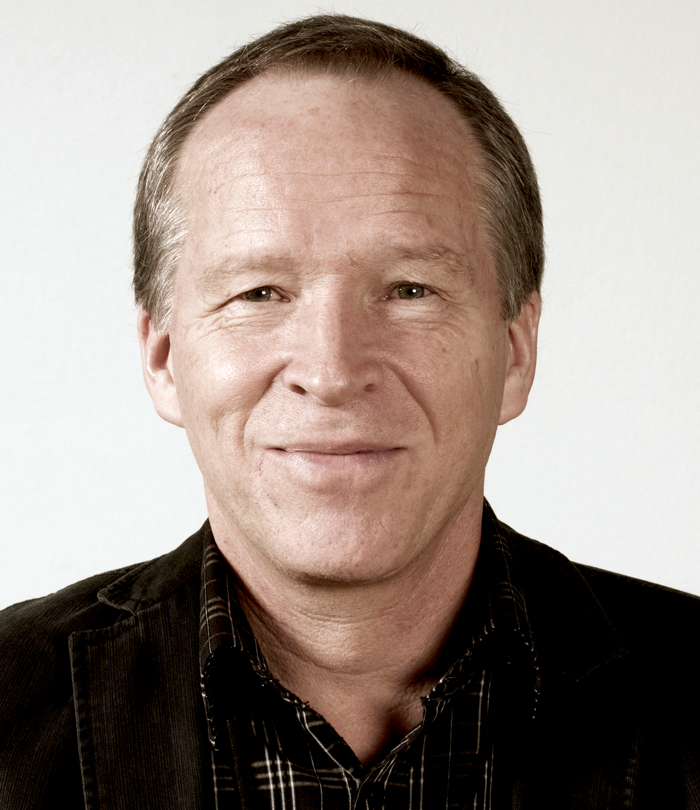
Soren Hougaard, EHIMA Secretary General.
The topic of greater ‘accessibility and affordability’ of hearing care solutions has been discussed at least since August 2009, and all stakeholders agree that improving accessibility and affordability is a key priority. The big question is: how? In many European countries, accessibility and affordability are ensured by various kinds of reimbursement schemes, be they government funded or handled by health insurance companies. Not so in the US, where these systems are perceived as a first step towards pure socialism.
Instead, politician focus is on bringing down retail prices. This is challenging as the price of hearing rehabilitation includes the hardware PLUS the related services by the hearing care professional. But if ‘related services’ are taken out of the equation, we can suddenly offer hearing aids over the counter – hardware only – and abracadabra: we have accessibility and affordability. But do we have better hearing?
The current Warren-Grassley bill requires the FDA to provide ‘reasonable assurances’ of the safety and efficacy of OTC hearing aids. It will be very important how these assurances are phrased. Secondly, the bill wants to make OTC solutions available for people with mild to moderate hearing loss. With current FDA definitions, this could include hearing losses down to 70dB. A 70dB hearing loss is not a benign condition. It requires assessment by a professional. It will be extremely important to convince the FDA to restrict the OTC bill to mild hearing losses. Whether people are truly capable of self-diagnosing such losses, remains to be seen. Last, but not least: it should never be possible for parents to buy OTCs for their children. We cannot drag paediatric audiology down to that level.
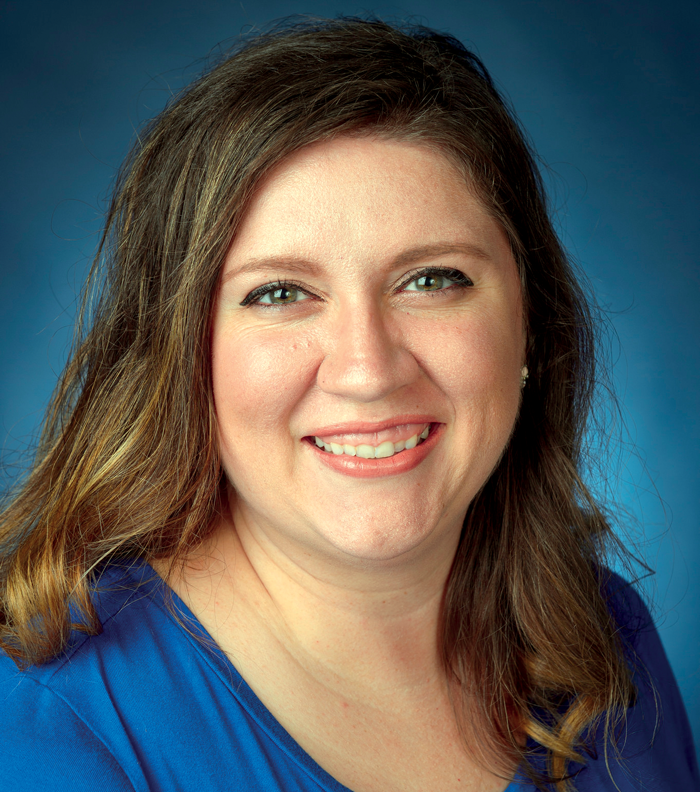
Jani Johnson, AuD, PhD, School of Communication Sciences
and Disorders, University of Memphis, Memphis, TN, USA.
Discussions surrounding the role of OTC hearing aids in the hearing healthcare market often focus on possible limitations of the technologies themselves. There are concerns that poor experiences with inferior products will be an additional barrier to hearing aid use for some individuals. OTC devices in today’s market vary in technological sophistication and performance; however, some high-quality OTC devices have been shown to have electroacoustic performance that approximates some basic traditional hearing aids.
Unfortunately, there is little independent research about patient outcomes with OTC devices. Data from our lab at the University of Memphis have suggested that differences in the technical capabilities of modern hearing aids might have minimal impact on daily life listening outcomes on average. Results from Larry Humes’s lab showed that outcomes obtained with one type of OTC hearing aid and service-delivery model were only slightly poorer than those achieved with a traditionally fitted hearing aid. That research also demonstrated that outcomes with OTC devices improved with follow-up audiologic services. This finding substantiates my own experiences researching hearing aids for typical older adults with mild-to-moderate hearing loss: that individualised audiologic services often are the most important ‘ingredient’ for optimising outcomes with hearing devices. Even if the device is not a premium-feature traditionally fitted hearing aid.
Audiologists are gatekeepers, referring individuals who are in need of medical intervention, and helping patients to select treatments that are appropriate to meet their goals. Audiologists are able to personalise the acoustic characteristics of different devices to optimise their audibility and sound quality. Audiologists also have training and expertise to provide educational support and counselling. Audiologists have the opportunity to maximise benefit from quality OTC hearing aids and to provide help for individuals who currently cannot afford traditional hearing aids. However, there currently are not sufficient data to make evidence-based decisions about best practices for recommending and fitting OTC devices. Independent studies evaluating outcomes across OTC devices and with different service delivery models are vital for practitioners considering integrating these technologies into their clinical protocols.
“Individualised audiologic services often are the most important ‘ingredient’ for optimising outcomes with hearing devices.”
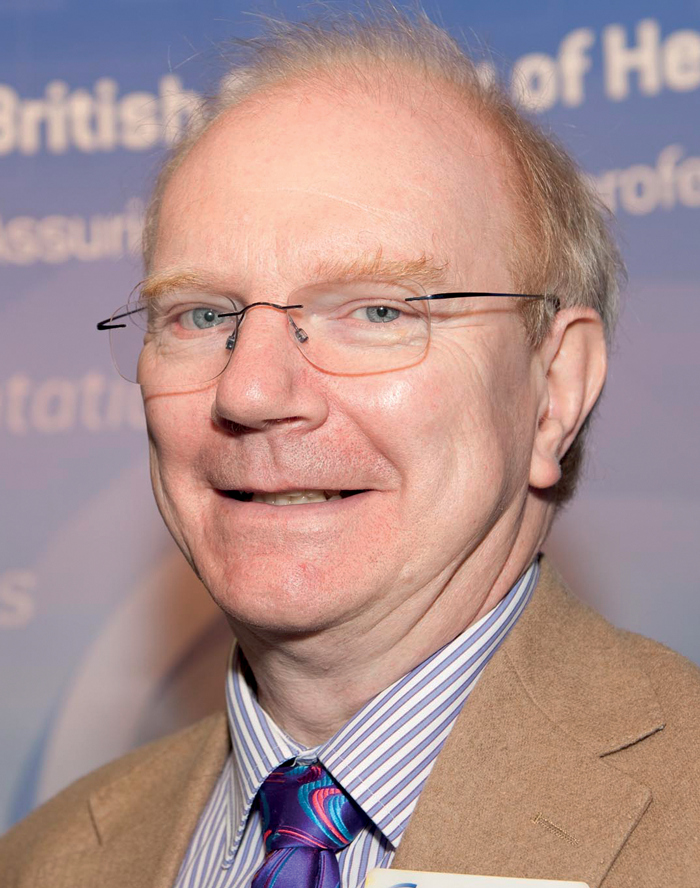
Prof David Welbourn, BSHAA Chief Executive.
With opinion on this matter divided across the hearing care community, it is difficult for professional bodies to provide a single definitive response that adequately addresses the full consequences of the issue. Professional bodies often have dual responsibilities; firstly to members to represent their interests, and secondly to the wider profession, where we must uphold all the values associated with professionalism. Identifying an agreed way forward for both our members and the profession may be difficult and controversial, but the body of evidence is increasingly clear.
Only around one third of people who could benefit from support with their hearing are currently seeking and receiving help. Many who do seek help are too frequently rebuffed or ignored by medical professionals who should know better. The strength of evidence is growing that supporting people to compensate for their hearing loss is an effective way of helping them to age well and live healthy, fulfilled lives. The final area of important evidence shows that people benefit more and habituate more easily to the hearing technology if they are guided in their choice of instrument and supported through the subsequent rehabilitation by trained audiologists.
The conclusion from this evidence is that our profession must find new ways to express the importance of the services they offer. They must continue to differentiate themselves, whilst responding positively to any initiative that breaks down barriers to access, whether they are caused by ignorance, stigma or affordability. At the same time, we must find new ways to ensure that people who choose a route of self-care are fully aware of the problems they may encounter, and are then neither abandoned, nor left in the clutches of those whose only qualifications are in snake oil. Professionals need to see these changes not as threats, but as new opportunities to demonstrate their unique blend of skill and compassion by helping their clients to continue living fulfilled lives undiminished by changes to their hearing.
Promoting the message of hearing well is more important than ever.
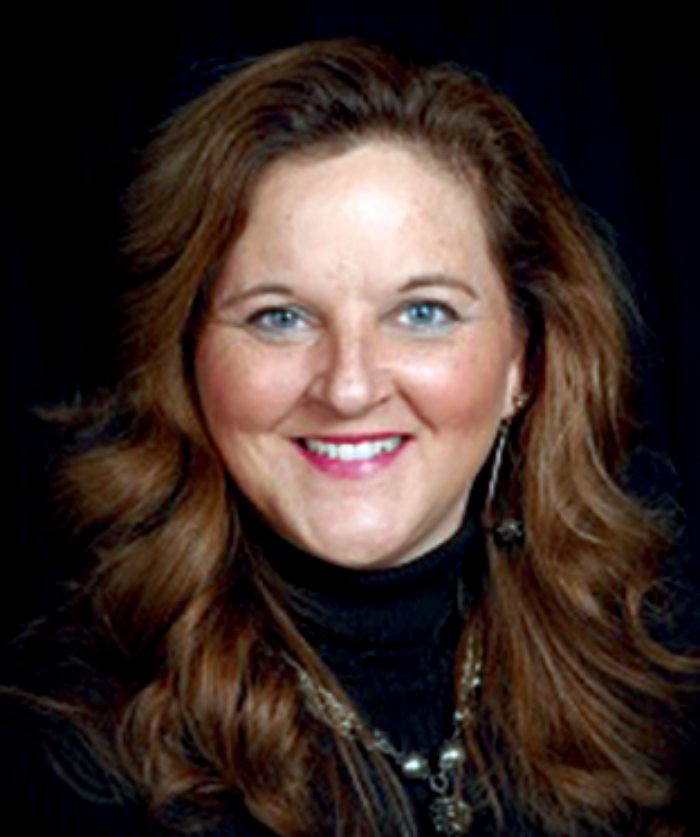
Angela Morris, AuD, President, Academy of Doctors of Audiology.
In my opinion, there is tremendous opportunity for audiologists regarding the OTC hearing aids. By adding OTC hearing aid options to their product mix, practices can offer the most solutions to hearing loss that will best benefit patients and provide patients with the best care, regardless of what device is chosen. By keeping the patient ‘in house’ and providing services that are best for that individual at that moment in time, they are creating patients for life. Assuming audiologists offer OTC aids at competitive pricing, the increase in cash flow for the practice could also be a bonus, as most customers will pay cash at OTC price points. The OTC options will also give new marketing advantages to those practices who choose to embrace it inside their practices.
OTC hearing aids will open the market for more competition. This will likely decrease prices on traditional amplification products, and could also lead to huge advancements in technology.
As far as a risk to consumers, direct-to-consumer hearing aids have been available for many years, without regulation. The devices that are currently available have a greater risk, in my opinion, of harming consumers, than would FDA-regulated OTC products. That said, there are no studies that I am aware of, that demonstrate any pattern of negative outcomes from current OTC hearing aids. If OTC hearing aids are regulated to ensure safety and efficacy, and if patients can be encouraged to go to audiologists for services, I can’t think of a downside for the consumer. The President’s Council of Advisors on Science and Technology (PCAST) and the National Academies of Sciences, Engineering and Medicine (NASEM) recommend the removal of the medical evaluation requirement for adults, and these independent bodies had both audiologists and ENTs on them. I believe these issues have been fully vetted.
I believe OTC aids can be a game changer if audiologists choose to make a positive change by incorporating them into their practices; and with the guidance from and commitment of audiologists to give all patients the best care and treatment for their personal situation, both practice and patients will flourish.
“The devices that are currently available have a greater risk, in my opinion, of harming consumers, than would FDA-regulated OTC products.”
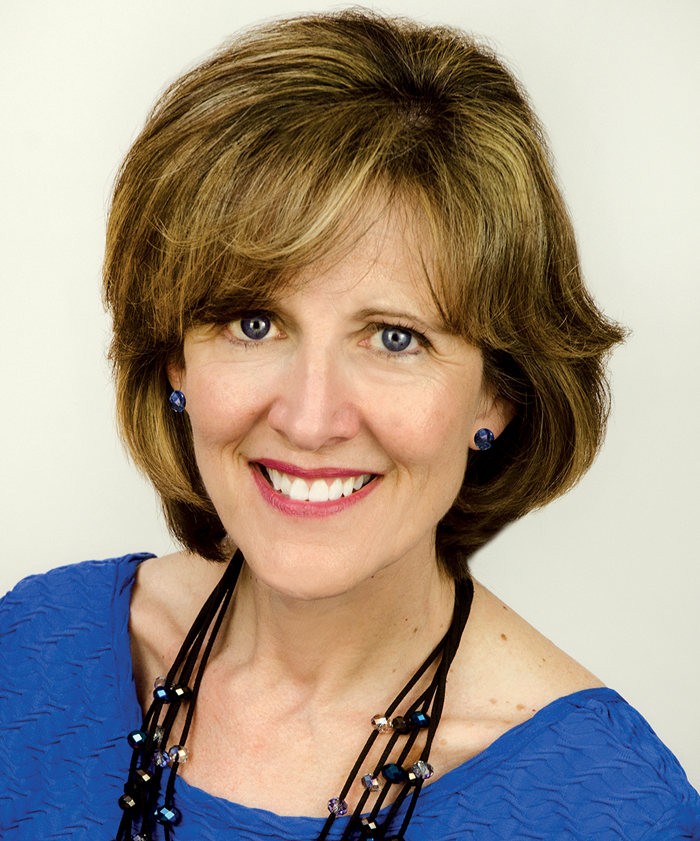
Barbara Kelley, Executive Director, Hearing Loss Association of America (HLAA).
Here at HLAA, we get at least two requests a day from people needing help buying hearing aids. Often, if you can’t afford a hearing aid, you can’t hear. Medicare doesn’t cover hearing aids and few insurance companies offer adequate coverage.
Mary writes: “Just wondering if you can help my husband, Mike. He’s 75 and very hard of hearing and using his old uncle’s hearing aids. Now they have to be taped to hold them together, they are falling apart all the time. We cannot afford new ones. Do you know of a way he can get hearing aids? Otherwise, he can’t hear me.”
“Nothing left for hearing aids!” says Roy, after he outlined his monthly income and expenses.
Frances says, “I‘m 88 and I know I need a hearing aid. I have been given quotes up to $7500! I am not penniless but I am standing on principal by not getting hearing aids. It’s a disgrace in the US that people with hearing loss can’t afford hearing aids or get them covered by Medicare. But, I know I have to get them eventually.”
People just want to hear. HLAA believes the time has come for people to have access to affordable hearing healthcare. I believe that if good, safe technology is offered at affordable prices over the counter, people who might not venture into the audiology clinic might take that first step to better hearing with an OTC hearing aid. Surely more people getting help and wearing devices creates a lot of awareness and sends the message, ‘it’s okay and it’s affordable to get hearing help.’
Are OTC hearing aids a solution for everyone? No, but it’s not a situation where you either get an OTC device or you go to an audiologist. It’s a solution that offers people choices and hopefully will drive more people to audiologists and physicians to talk about hearing health and get rehabilitation and professional help when needed.



